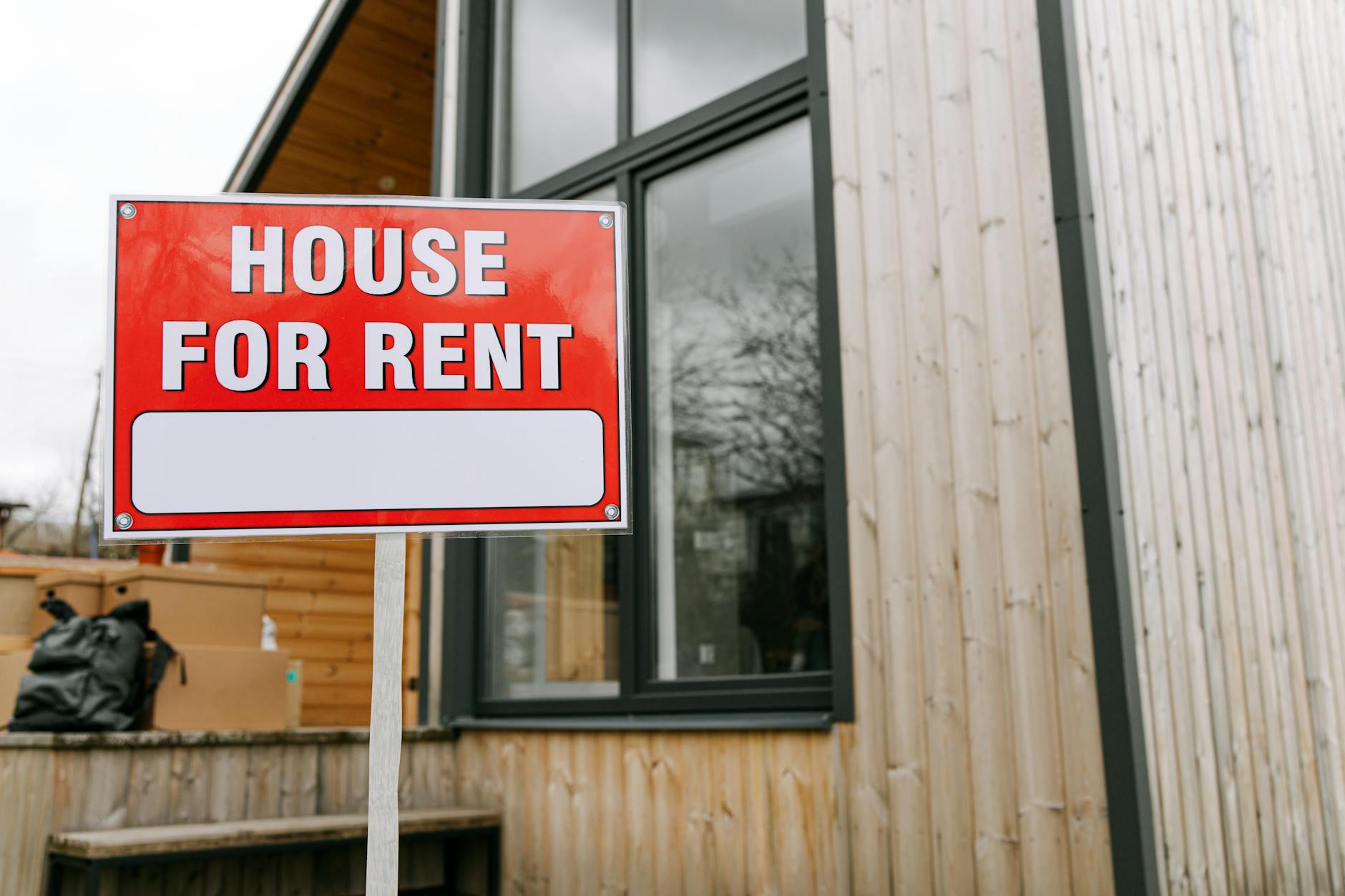Essential Guide to Rental Property Management for New Investors
Essential guide to rental property management for new investors
Entering the world of rental property investment can be both exciting and overwhelming for new investors. Managing rental properties effectively requires a solid understanding of various aspects, from finding the right tenants to maintaining the property and handling legalities. This guide aims to provide a comprehensive overview of rental property management to help new investors navigate the challenges and maximize their returns. Whether you’re considering your first purchase or recently acquired a rental unit, mastering these fundamentals will set you on the path to a successful and profitable investment journey.
Finding and screening reliable tenants
One of the most critical factors in rental property success is securing dependable tenants who pay rent on time and treat the property with care. Effective tenant screening involves more than simply accepting the first applicant. Start by advertising the property clearly, highlighting its features and terms. Once applications come in, thoroughly verify potential tenants through:
- Credit checks to assess financial reliability
- Background checks to ensure a clean legal record
- Employment verification to confirm stable income
- References from previous landlords to evaluate past rental behavior
Taking the time to perform these checks reduces turnover and avoids common landlord headaches such as missed payments or property damage.
Maintaining the property and budgeting for expenses
Proper upkeep of a rental property is essential both for tenant satisfaction and long-term value preservation. Create a maintenance schedule that includes routine inspections, seasonal tasks, and prompt repairs. This proactive approach prevents minor issues from escalating into costly problems. Additionally, budgeting is crucial for covering ongoing expenses such as:
| Expense type | Average monthly cost (%) | Details |
|---|---|---|
| Maintenance and repairs | 10-15% | Routine upkeep, emergency fixes |
| Property management fees | 8-12% | If using a professional manager |
| Vacancy allowance | 5-10% | Lost income during tenant turnover |
| Property taxes and insurance | 10-15% | Annual costs broken down monthly |
By anticipating these expenses, investors avoid surprises and maintain healthy cash flow.
Legal considerations and lease agreements
Understanding landlord-tenant laws is vital in protecting your investment and maintaining good relationships with tenants. These laws cover areas like security deposits, eviction procedures, and fair housing regulations. A well-crafted lease agreement serves as the foundation of this relationship. It should clearly specify:
- Rent amount and due dates
- Duration of the lease
- Tenant responsibilities (e.g., maintenance, utilities)
- Rules regarding pets, guests, and property use
- Procedures for handling disputes and evictions
Consulting a real estate attorney or using reliable templates helps ensure your lease complies with local regulations and minimizes legal risks.
Effective communication and tenant retention strategies
Maintaining open and professional communication with tenants fosters trust and encourages longer tenancies. Respond promptly to maintenance requests and keep tenants informed about any changes or necessary inspections. Providing clear channels for feedback and addressing concerns respectfully can significantly reduce turnover rates. Offering incentives such as renewal discounts or upgrades can also boost tenant satisfaction. Remember, retaining a quality tenant saves you money and time compared to constantly searching for new ones.
Conclusion
Successfully managing rental properties as a new investor involves a blend of strategic tenant selection, diligent property maintenance, understanding legal obligations, and fostering strong tenant relationships. By carefully screening applicants, budgeting for expenses, and crafting clear lease agreements, investors lay the groundwork for smooth operations. Moreover, ongoing communication and tenant retention strategies contribute to steady income and reduce costly vacancies. Embracing these interconnected elements helps you build a sustainable and profitable rental property portfolio. With patience and attention to detail, your investment can become a rewarding source of long-term wealth.
Image by: Ivan Samkov
https://www.pexels.com/@ivan-samkov
editor's pick
latest video
news via inbox
Nulla turp dis cursus. Integer liberos euismod pretium faucibua

